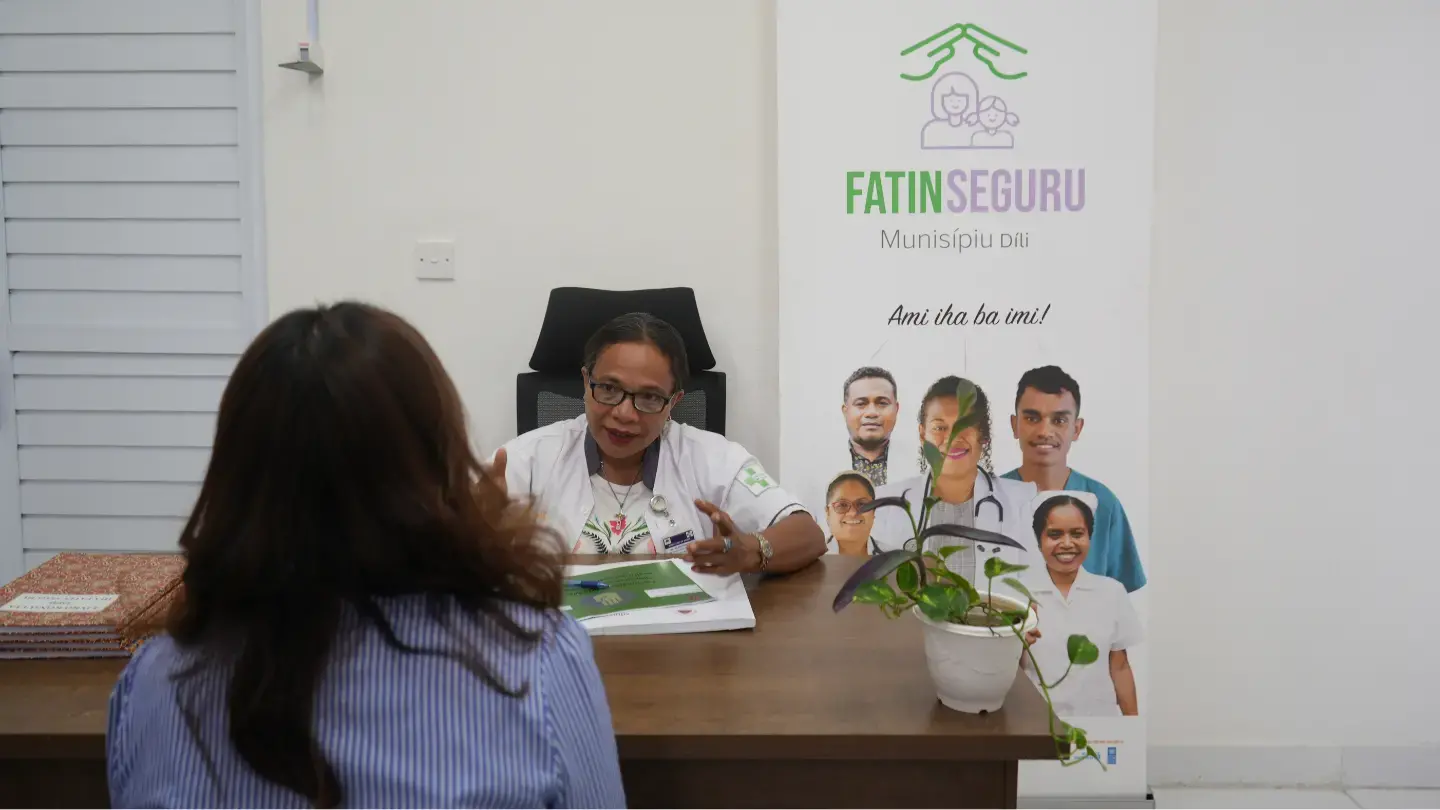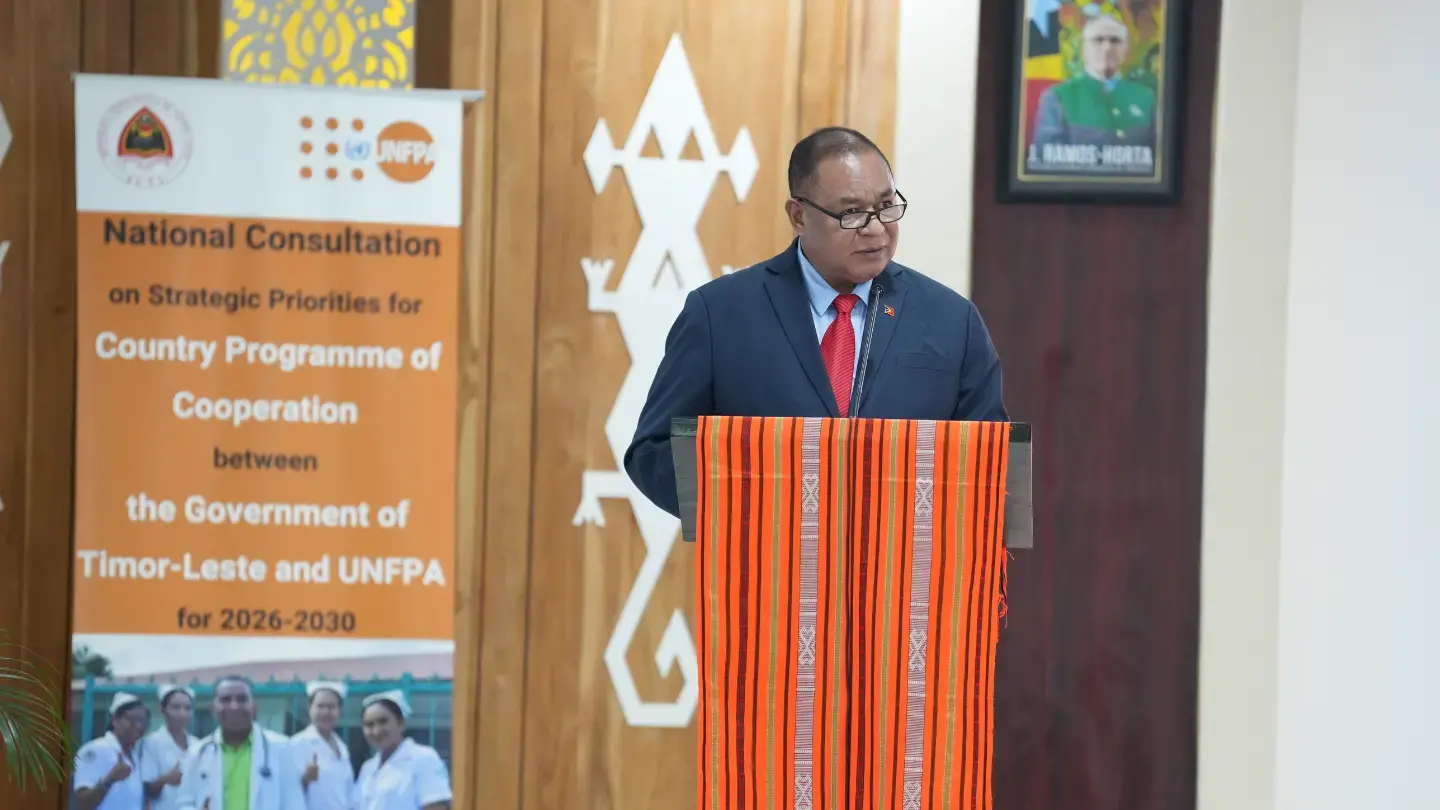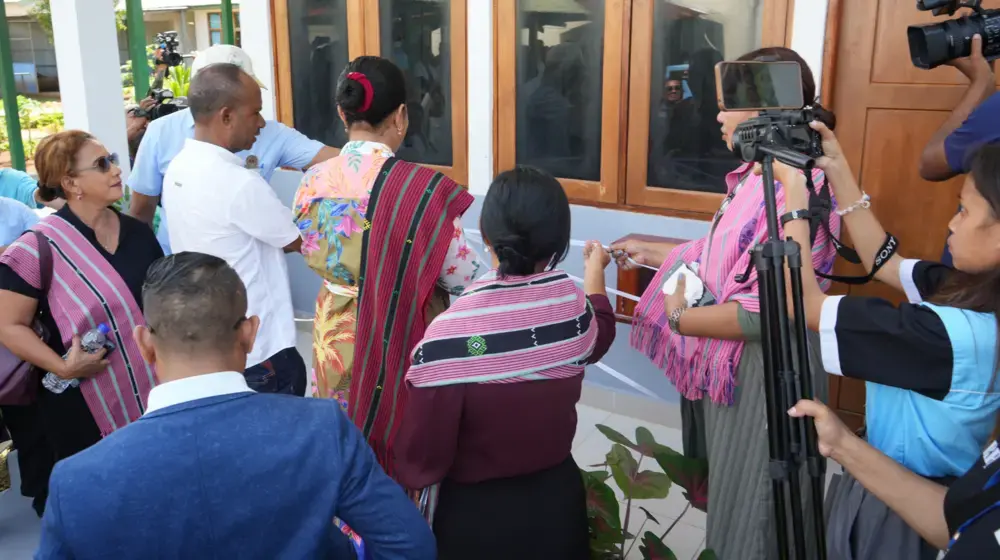GENEVA (5 February 2016) - Upholding women's human rights is essential if the response to the Zika health emergency is to be effective, UN High Commissioner for Human Rights Zeid Ra'ad Al Hussein said Friday, adding that laws and policies that restrict access to sexual and reproductive health services in contravention of international standards, must be repealed and concrete steps must be taken so that women have the information, support and services they require to exercise their rights to determine whether and when they become pregnant.
"Clearly, managing the spread of Zika is a major challenge to the governments in Latin America," Zeid said. "However, the advice of some governments to women to delay getting pregnant, ignores the reality that many women and girls simply cannot exercise control over whether or when or under what circumstances they become pregnant, especially in an environment where sexual violence is so common."
"In Zika-affected countries that have restrictive laws governing women's reproductive rights, the situation facing women and girls is particularly stark on a number of levels," the UN Human Rights Chief said. "In situations where sexual violence is rampant, and sexual and reproductive health services are criminalized, or simply unavailable, efforts to halt this crisis will not be enhanced by placing the focus on advising women and girls not to become pregnant. Many of the key issues revolve around men's failure to uphold the rights of women and girls, and a range of strong measures need to be taken to tackle these underlying problems."
The World Health Organization has declared a Public Health Emergency of International Concern amid concerns of a possible association between upsurges in reported cases of Zika virus disease and of microcephaly in Latin America. A causative link between Zika and microcephaly (babies born with abnormally small heads), and Zika and Guillan-Barre Syndrome (a neurological condition), is still under investigation.
Amid the continuing spread of the Zika virus, authorities must ensure that their public health response is pursued in conformity with their human rights obligations, in particular relating to health and health-related rights.
"Upholding human rights is essential to an effective public health response and this requires that governments ensure women, men and adolescents have access to comprehensive and affordable quality sexual and reproductive health services and information, without discrimination," Zeid said, noting that comprehensive sexual and reproductive health services include contraception -- including emergency contraception -- maternal healthcare and safe abortion services to the full extent of the law.
"Health services must be delivered in a way that ensures a woman's fully informed consent, respects her dignity, guarantees her privacy, and is responsive to her needs and perspectives," he added.
"Laws and policies that restrict her access to these services must be urgently reviewed in line with human rights obligations in order to ensure the right to health for all in practice," Zeid said.
"Drawing on lessons learned from the Ebola outbreak in West Africa in 2014, another crucial element of the response should be the systematic dissemination of accurate information on how Zika spreads, how to prevent it and its health consequences," the High Commissioner said.
ENDS




